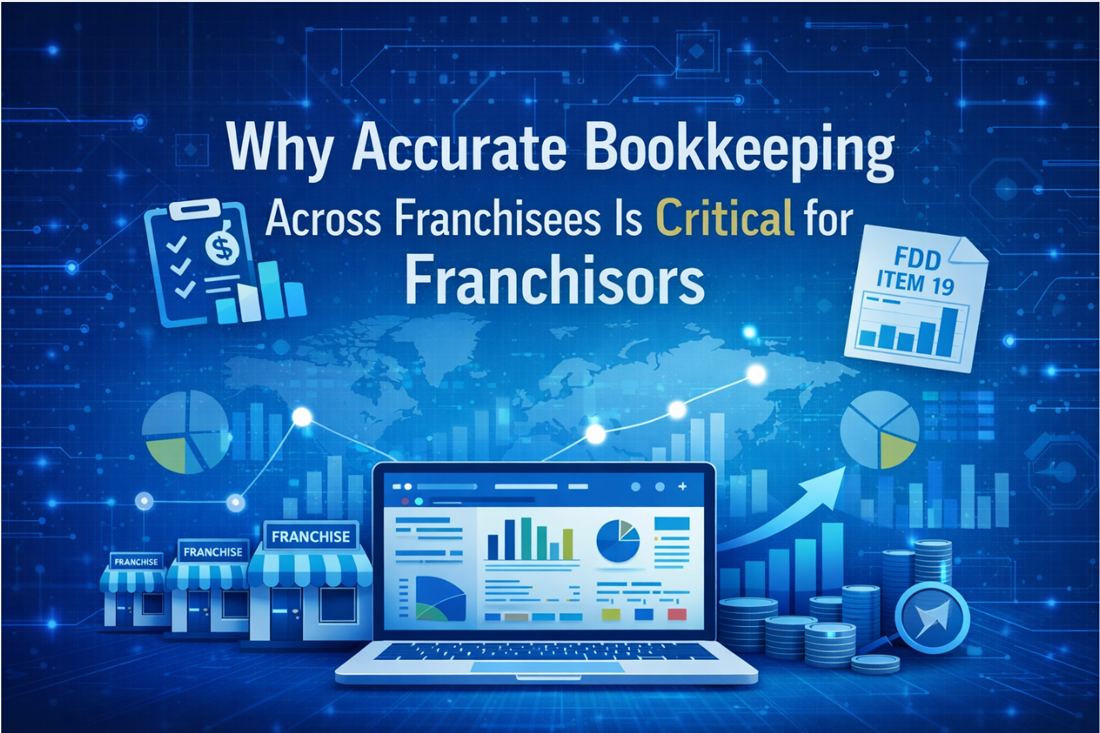Small business financing is vital as it can make or break your business. When first starting, there are many factors that you need to consider, such as your business plan and your financing options. When creating your business plan, it should outline your goals and objectives to have a clear idea of how to implement your plan. It’s important to plan ahead so you don’t miss any crucial steps that will bring on more than necessary. In this blog post, we will help you navigate the different types of financial assistance options to give you more insight into what could be a good fit for you.
When it comes to financing, it’s important to ensure that you’re choosing the right option for your business. Starting a small business isn’t easy and comes with many challenges, but if you take the right steps in the planning stage, it’ll make the process go more smoothly.
Without the right financing, getting your business off the ground may be hard because you won’t have enough support behind your idea. There are many financing options available, but it’s up to you to find the one you feel will work the best. Some options to fund your business include a small business loan, personal financing, or even a home equity line of credit loan.
Types of Financing Options
A small business loan can be a good option when looking for some additional financing while keeping in mind small business loans have a long list of requirements that have to be met to qualify for the loan. Cross-check the qualifications beforehand, and if all the requirements are met, it could be a good option for you. If you have been running your business for a while but are trying to qualify for a small business loan, the lender may ask to see a recent balance sheet of your business. It’s important that when applying for a small business loan, you understand the information that you’ll have to present.
Financial statements are one of the many requirements needed to qualify, so it’s important that you understand how to read your financial statements so that you will be able to discuss the information with the lender. If you don’t want to look to outside sources for financing assistance and feel that you have the ability to invest in it yourself, then personal financing may be the best choice for you. Personal financing loans are guaranteed through your personal credit history. This often makes them easier to get approved for than a small business loan if you have good credit, which might look at both a personal and business credit score.
For homeowners, another viable option is taking out a home equity line of credit loan. This type of loan allows you to borrow money against the equity you’ve built in your house. You receive the funds as a line of credit, so you’re able to access additional financing for your business as needed. This could be beneficial as it can be easier to qualify for than other loan options.
Keep your Finances Up to date
In addition to securing the proper financing, it’s important to make sure that you’re keeping your financial history up to date. Managing your finances plays an important role in your business, as being financially sound from the beginning will set you up with a good foundation. While it’s important, it can become difficult to manage if you’re not taking the time to consistently review and record all financial activity. You must be diligent about reviewing your finances to ensure you’re not missing or falling behind on any payments. If you let this aspect of your business fall by the wayside, it’ll be overwhelming to catch up while simultaneously running your business. In order to run a successful business, you need to make sure that you’re paying attention to all aspects, financials included.
If you’re feeling overwhelmed and concerned about managing everything on your own, it may be beneficial to look at outsourcing opportunities. Outsourcing functions of your business, such as bookkeeping, will give you time back in your day to focus on running your business while allowing an online bookkeeper to assist you with the more time-consuming tasks. With the help of an online bookkeeper, they can help to keep your finances up to date so that you don’t have to worry about falling behind or missing payments. Ensuring that all aspects of your finances are taken care of will help you to get your business started on the right track and help you to focus your efforts on the growth of your business rather than worrying about its financial state.









